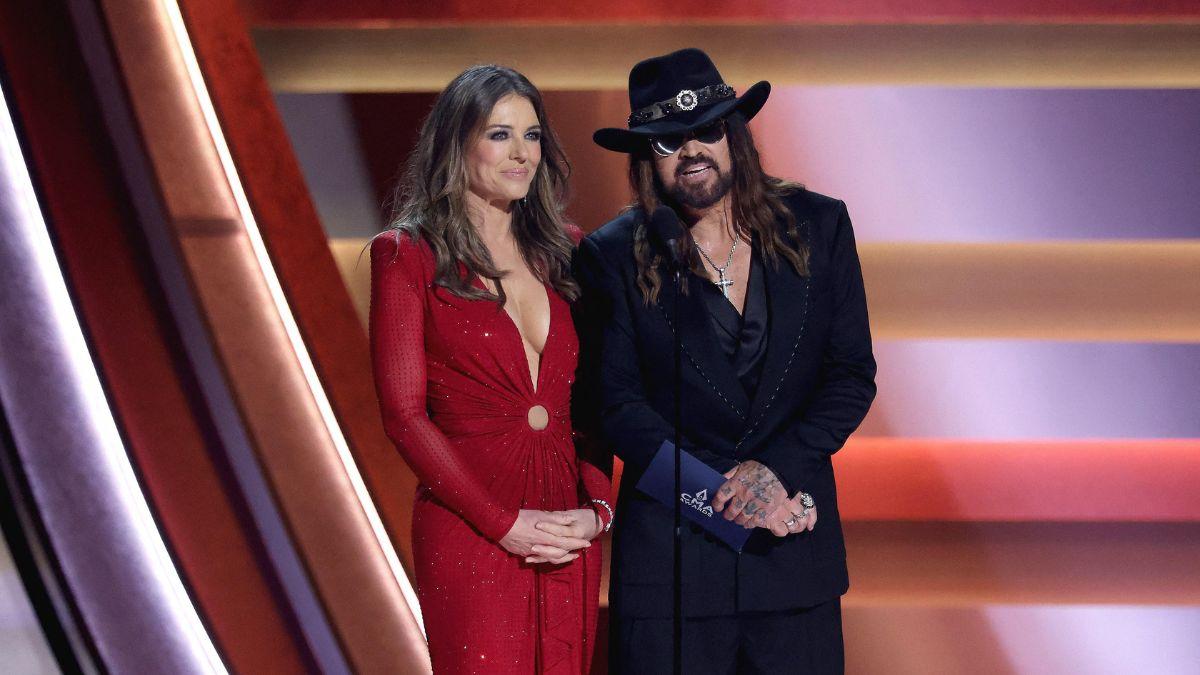Inside Track on Travis Kelce and Ryan Reynolds F1 Team — Including Eye-Watering Costs and 'Physical and Mental Toll' It Takes
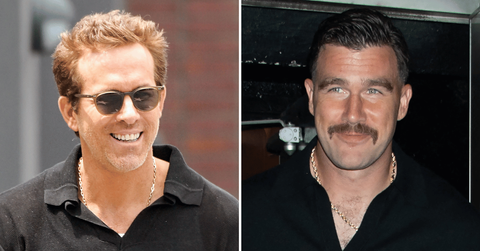
The cost and logistics of Ryan Reynolds and Travis Kelce's F1 team have been revealed.
June 24 2025, Published 7:05 p.m. ET
RadarOnline.com can reveal an inside look at the celebrity-backed racing team, Alpine F1.
As F1 gains traction in the U.S., A-list celebrities and professional athletes have jumped at the opportunity to get their hands on a piece of the increasingly popular sport.
The high-profile investors backing Alpine F1 include NFL teammates Travis Kelce and Patrick Mahomes, actors Ryan Reynolds and Rob McElhenney, golf legend Rory McIlroy, and British professional boxer Anthony Joshua.
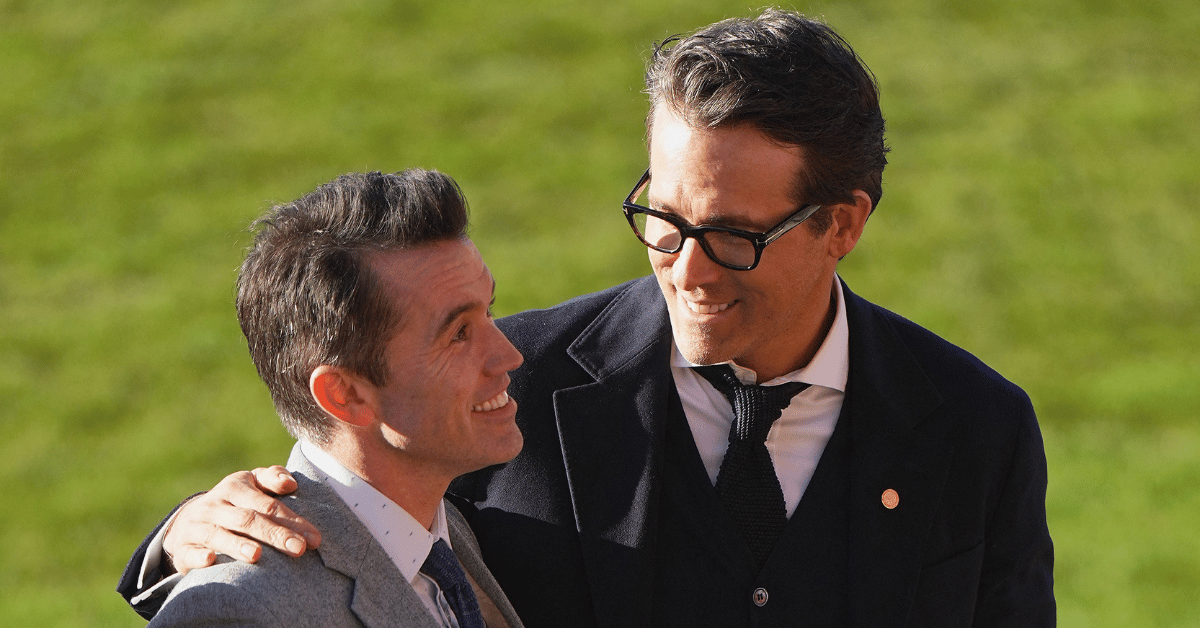
Alpine investors Rob McElhenney and Reynolds also co-own Wrexham AFC, a Welsh professional soccer team.
While the team's roots date back to the 1980s and boast World Championship titles with racing legends Michael Schumacher and Fernando Alonso, the current Alpine name has been racing since 2021.
In early June, Alpine celebrated its 100th race in Montreal, Canada, where several celebrity investors traveled to witness the exhilarating race first-hand.
But before the race kicked off, Race Team Manager Rob Cherry gave a breakdown of the eye-watering cost to compete.
Transportation Costs
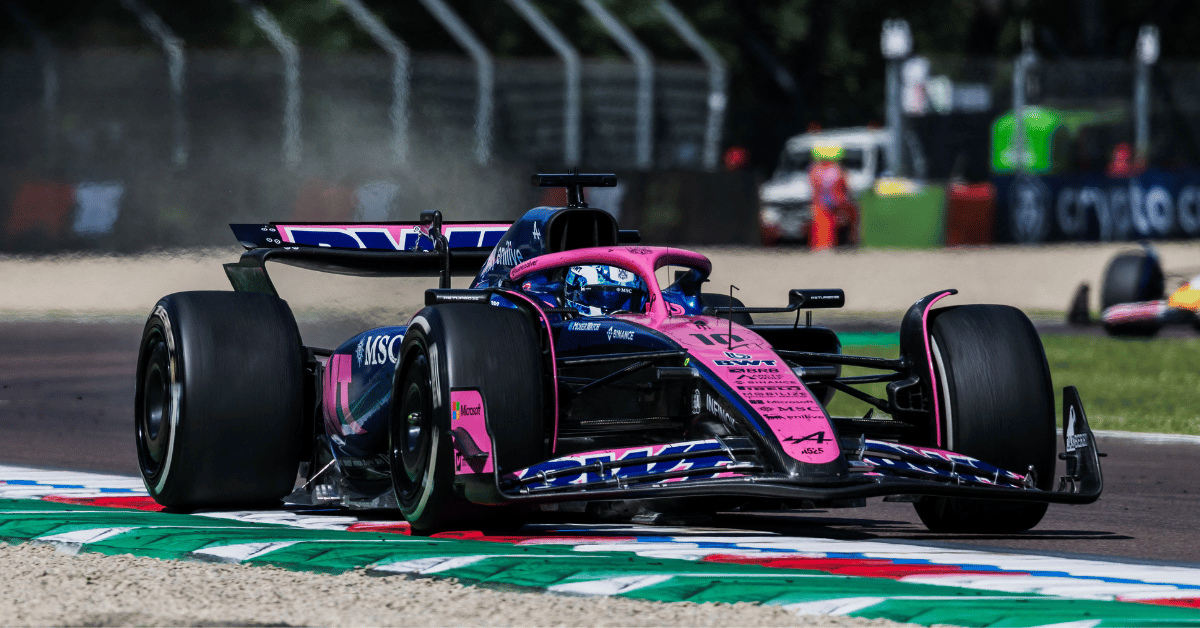
Race Team Manager Rob Cherry said the Alpine team flies 34 tons of air freight to every event in addition to five sea shipping containers.
With events taking place across the globe, transporting the vehicles is an enormous feat.
Cherry reportedly said: "We actually fly people out here over a week in advance of the race.
"We fly 34 tons of air freight to every event. In addition to that, we have five sea containers, and that's just for our team."
Alpine shells out $500 for every 2 pounds worth of equipment they need to transport to compete, which averages to about $15.4million per year.
58 Person Team
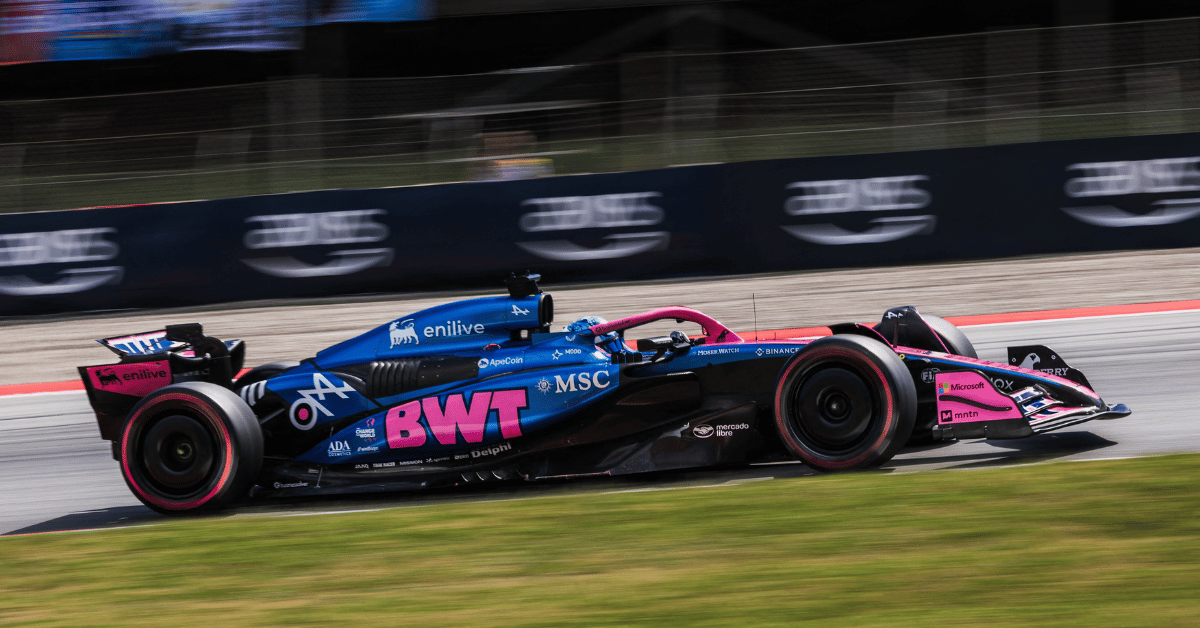
The team requires a 58 person crew to be operational for every race.
While transporting equipment via shipping containers is cheaper than air travel, each container still runs around $250,000 a piece. With five required for a move, that's another $1.25million every year.
Once all the parts are on the ground, an extensive team effort is required to pull off a successful race weekend.
Cherry explained: "Fifty-eight people are allowed to be operational within a race weekend. By operations, that's the ones that are connected to the car, be it a mechanic or an engineer. If you have an input on performance, you're deemed to be operational.
"On top of that, we have non-operational roles: marketing, communications, catering. It's a logistical nightmare on the human resource side of things, making sure that you've got the people in the right place, particularly when we do triple-header fly-aways, and you're sending people onwards to the next event, making sure the kit's there. It's quite a lot of moving pieces."
Hotel costs for the team for a week can easily come in at $300,000.
On top of costs, the increased popularity of the sports has caused a demand for more races, which has now expanded to a 24-race, 10-month season.
Cherry noted: "It takes its toll, you're still away, you're not going home, you're not fully switching off, but breaking up that with a day off for everyone is pretty key. So, yes, it's improved, but nevertheless, it's still tough.
"When you look at some of these long triple-headers we do, like Las Vegas to Qatar, the time zone shift is 12 hours. Plus, you're doing an 18-hour flight in between as well. It's tough on anyone, whatever class of travel you fly."


Cherry said having superstars like Rory McIlroy back the team is 'a big deal.'
Cherry also noted the influence of having celebrity investors attend races, which has helped boost Alpine's popularity and visibility.
He said: "When they attend, it's a big deal.
"It raises our profile within the paddock and certainly with the power of social media, when you look at these big names – McIlroy, Mahomes - these people have so many followers and their affiliation with Alpine definitely spreads not only on our platform, but their platforms.
"It wasn't that long ago that F1 teams were trading for a token pound, and now we're talking of teams being worth over a billion. So it's a very different world. All of it's helped to push that forward.
"And these people wouldn't have been interested, I'm sure, in investing in the team 10, 15 years ago. There's a reason they're interested now, because there's a lot of money."


